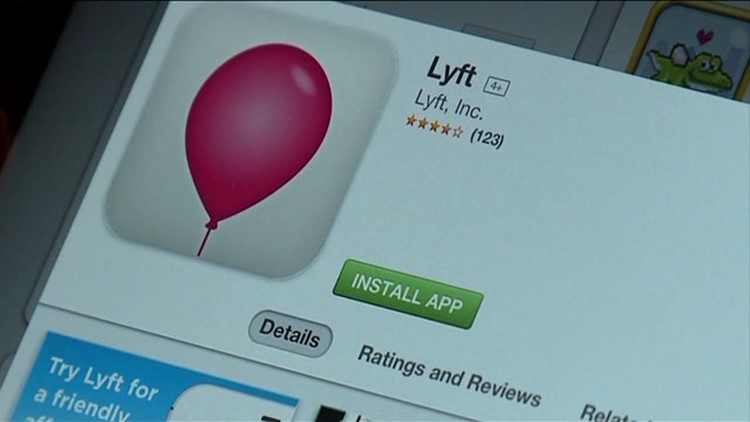(CNN) — Lyft is getting some help to get people in underserved communities to the polls this fall.
The ride-sharing company says it’s working with community groups to offer free and reduced-price rides on November 6, the date of the midterm elections.
To increase encourage voter turnout, Lyft will offer free rides to people in underserved communities that day by working with Voto Latino, the Urban League and the National Federation of the Blind.
Lyft is also teaming up with Vote.org, Nonprofit Vote, TurboVote and others to give away 50% off promo codes to riders. Riders can get help finding their polling location through the Lyft app.
The company plans to remind riders about voter registration deadlines, give drivers voter registration handouts and offer in-office voter registration to its employees. Lyft will provide online voter information through partner organizations When We All Vote and National Voter Registration Day and encourage people to participate in early voting.
Lyft says it’s doing this because over “15 million people were registered but didn’t vote in 2016 because of transportation issues.”
Why turnout in some communities is so low
Elections are held on a work day, when time often equals money — especially if you get paid by the hour. And having a car or paying extra for public transportation to get to the polls can just add to that expense.
Being ‘”too busy” or encountering “transportation problems” were the reasons 28% of people making less than $20,000 did not vote in the 2012 presidential election, according to the US Census.
Perhaps the biggest change to the electoral process in the last few years is the proliferation of Voter ID laws, which many states put in place to prevent fraud. Since 2008, 17 states have enacted laws requiring citizens to prove who they are at the polls, according to the National Conference of State Legislators. The cost of getting an ID is a hurdle for some people.
Not only do low-income people potentially lose pay when they vote, but some have to wait longer, too. The Presidential Commission on Election Administration found that 10 million people waited in line for more than 30 minutes to vote during previous presidential election cycles.



